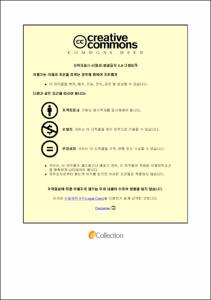리더십 유형이 종사자의 이직의도에 미치는 영향에 관한 연구
= A Study on the Effects of Leadership Styles on Employee Job Change Motivation : Focusing on Relations between Directors and Geriatric Caregivers at Long-Term Care Facilities for the Elderly
- Type
- Thesis
- Alternative Title
- 노인장기요양기관 원장과 요양보호사를 중심으로
- Advisor
- 이창원
- Department
- 대학원 행정학과
- Issued Date
- 2012
- Publisher
- 한성대학교 대학원
- Files in This Item:
-
-
Download
 000001216667.pdf
기타 데이터 / 1.05 MB / Adobe PDF
000001216667.pdf
기타 데이터 / 1.05 MB / Adobe PDF
-
Items in Repository are protected by copyright, with all rights reserved, unless otherwise indicated.